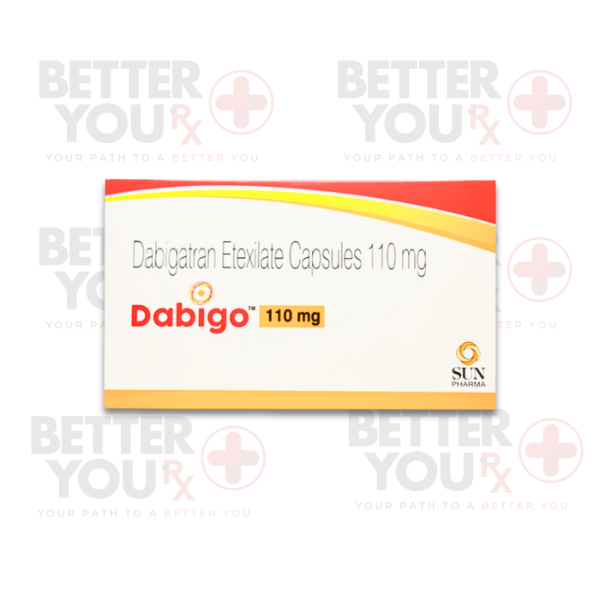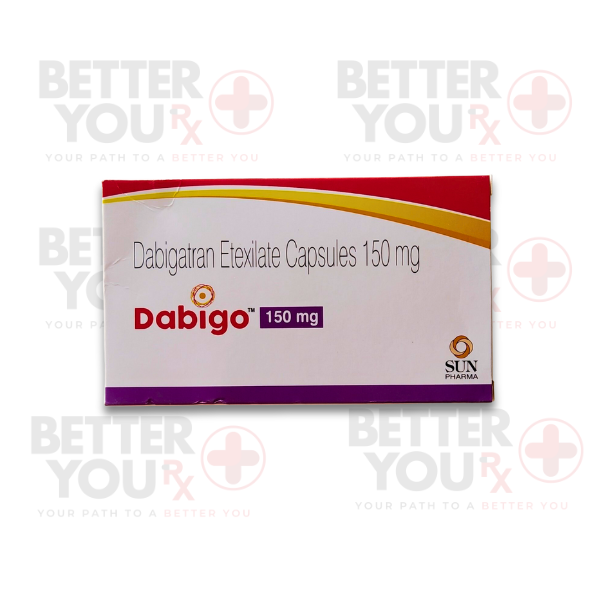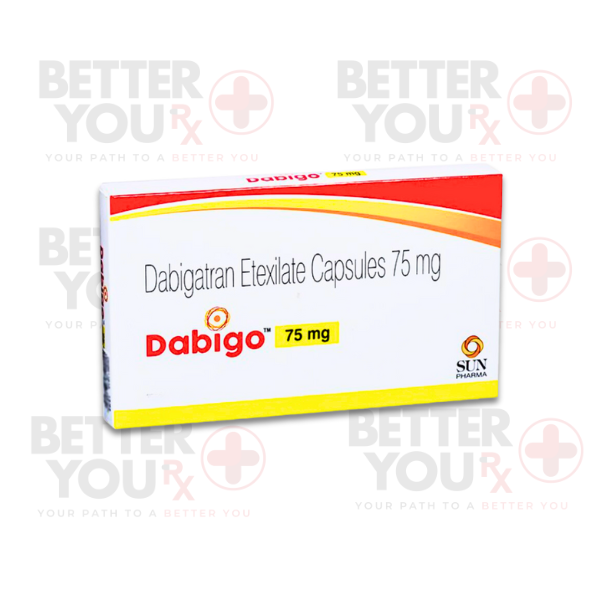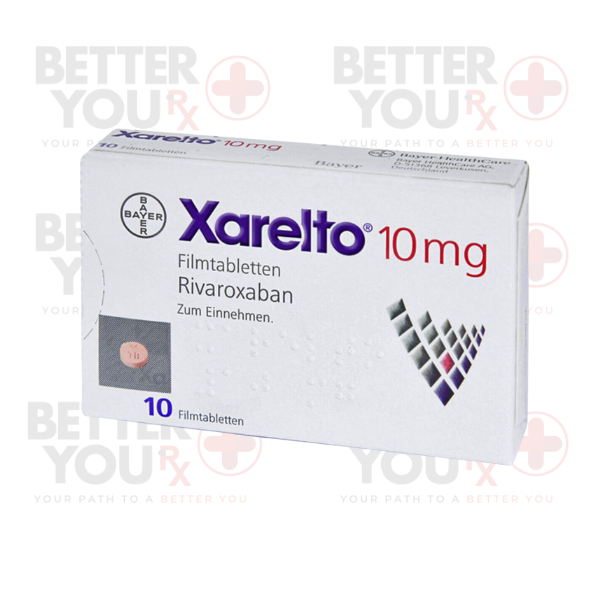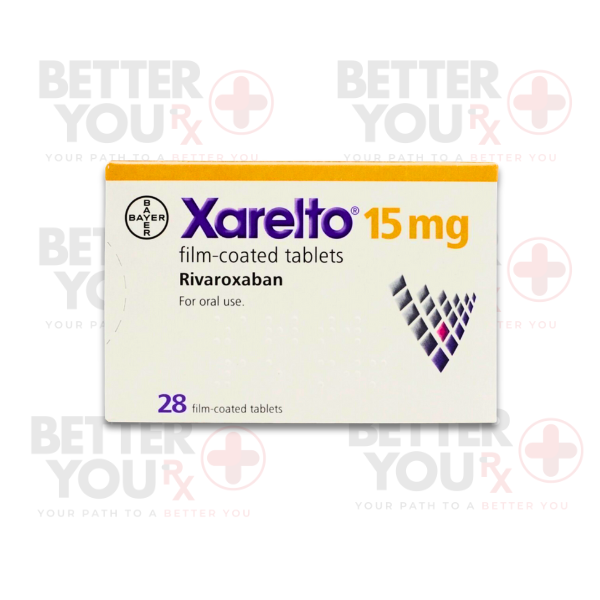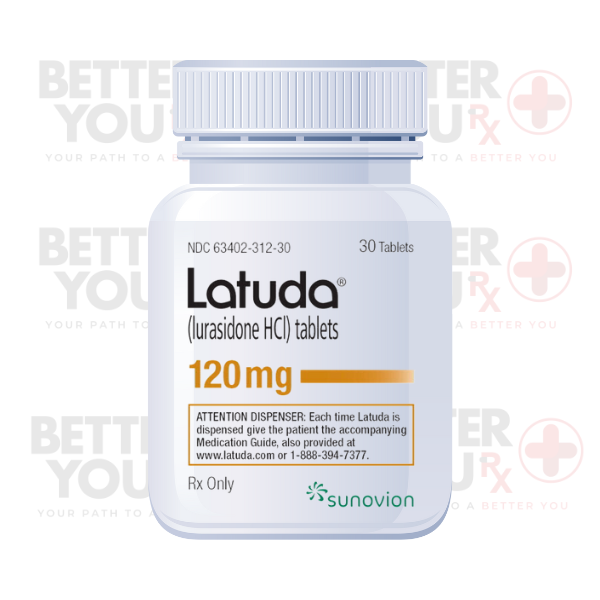| Uses of Dabigo |
Dabigo Capsule is primarily used to prevent blood clots in patients with irregular heart rhythms, particularly those with atrial fibrillation. Additionally, it is a key player in reducing clot risks for individuals who have undergone major surgeries, such as knee or hip replacements. Taking Dabigo consistently at the same time each day enhances its effectiveness, allowing you to enjoy life with peace of mind.
|
| Benefits of Dabigo |
What sets Dabigo apart is its unique mechanism of action as a novel oral anticoagulant (NOAC). Instead of dissolving existing clots, it helps prevent them from growing larger, allowing your body to naturally break them down over time. By blocking specific factors involved in blood clotting, Dabigo ensures a steady flow of blood throughout your body, significantly lowering your risk of dangerous complications like strokes, pulmonary embolisms, and thrombosis. When combined with a healthy lifestyle, Dabigo can help you lead a more active, fulfilling life.
|
| Side Effects of Dabigo |
While many users tolerate Dabigo well, it’s essential to be aware of potential side effects. Most are mild and will diminish as your body adapts. However, stay vigilant for any unusual symptoms:
Common side effects include:
Nausea
Anemia (low red blood cell count)
Gastrointestinal bleeding
Indigestion
Diarrhea
Abdominal discomfort
Nosebleeds
Skin bruising
If you experience severe side effects, it’s vital to reach out to your healthcare provider immediately.
|
| How to Use Dabigo |
Take Dabigo Capsule exactly as prescribed by your doctor. It can be taken with or without food; however, it is best to take it at the same time each day to maintain consistent levels in your bloodstream. Do not alter the dosage or stop taking it without medical advice.
|
| How Dabigo Works |
Dabigo operates by inhibiting specific clotting factors in the blood, thereby reducing the likelihood of unwanted clot formation. By promoting healthy blood circulation, Dabigo helps shield you from serious conditions like strokes and thrombosis. Plus, its convenience means you won’t need to undergo regular blood tests, making it a preferred option for many patients.
|
| Safety Advice and Precautions |
Pregnancy
Consult your doctor. The safety of Dabigo during pregnancy is still being evaluated. Your healthcare provider will consider the potential benefits against any risks before prescribing.
Breastfeeding
Consult your doctor. Limited data suggest Dabigo may transfer into breast milk, so discussing this with your doctor is essential if you’re nursing.
General Precautions
Alcohol: Avoid alcohol while taking Dabigo, as it may increase bleeding risks.
Kidney Health: Use with caution if you have severe kidney issues; dosage adjustments might be necessary.
Liver Function: Patients with liver conditions should also proceed with caution and consult their physician.
|
| What If You Forget to Take Dabigo? |
If you miss a dose of Dabigo Capsule, don’t panic. Take it as soon as you remember on the same day. If your next scheduled dose is approaching (less than six hours away), simply skip the missed dose. Never double up to make up for a missed one.
|
| Overdosing |
In case of an overdose, immediate medical assistance is necessary. Signs may include excessive bleeding or unusual bruising.
|
| How to Store Dabigo |
Store Dabigo Capsule at room temperature, away from light and moisture. Keep it out of children’s reach and follow local regulations for disposing of unused medications.
|
| FAQs About Dabigo |
Q: How long do I need to take Dabigo 110mg Capsule?
A: The duration of treatment with Dabigo varies based on individual health conditions and your doctor's recommendations. It's important to follow your healthcare provider's guidance and not stop taking the medication without their advice.
Q: Can I stop taking Dabigo if I feel fine?
A: No, you should not stop taking Dabigo without consulting your healthcare provider. Even if you feel well, continuing the medication is crucial for preventing blood clots and protecting your cardiovascular health.
Q: Are there any dietary restrictions while taking Dabigo?
A: While there are no specific dietary restrictions, it's essential to maintain a healthy diet. Avoid excessive alcohol and consult your doctor if you're considering any significant dietary changes, especially regarding foods high in vitamin K, which can affect blood clotting.
Q: What should I do if I experience unusual bleeding while taking Dabigo?
A: If you notice any unusual bleeding or bruising, such as prolonged nosebleeds, blood in urine or stools, or excessive bruising, contact your healthcare provider immediately. They may need to adjust your dosage or assess your condition.
Q: Is Dabigo safe for elderly patients?
A: Dabigo can be prescribed to elderly patients, but caution is advised. Older adults may have increased sensitivity to medications and a higher risk of bleeding. Regular check-ups and monitoring by healthcare professionals are essential.
|
| Variants |
110mg 60 Capsules, 75 mg 30 Capsules, 150 mg 60 Capsules
|

